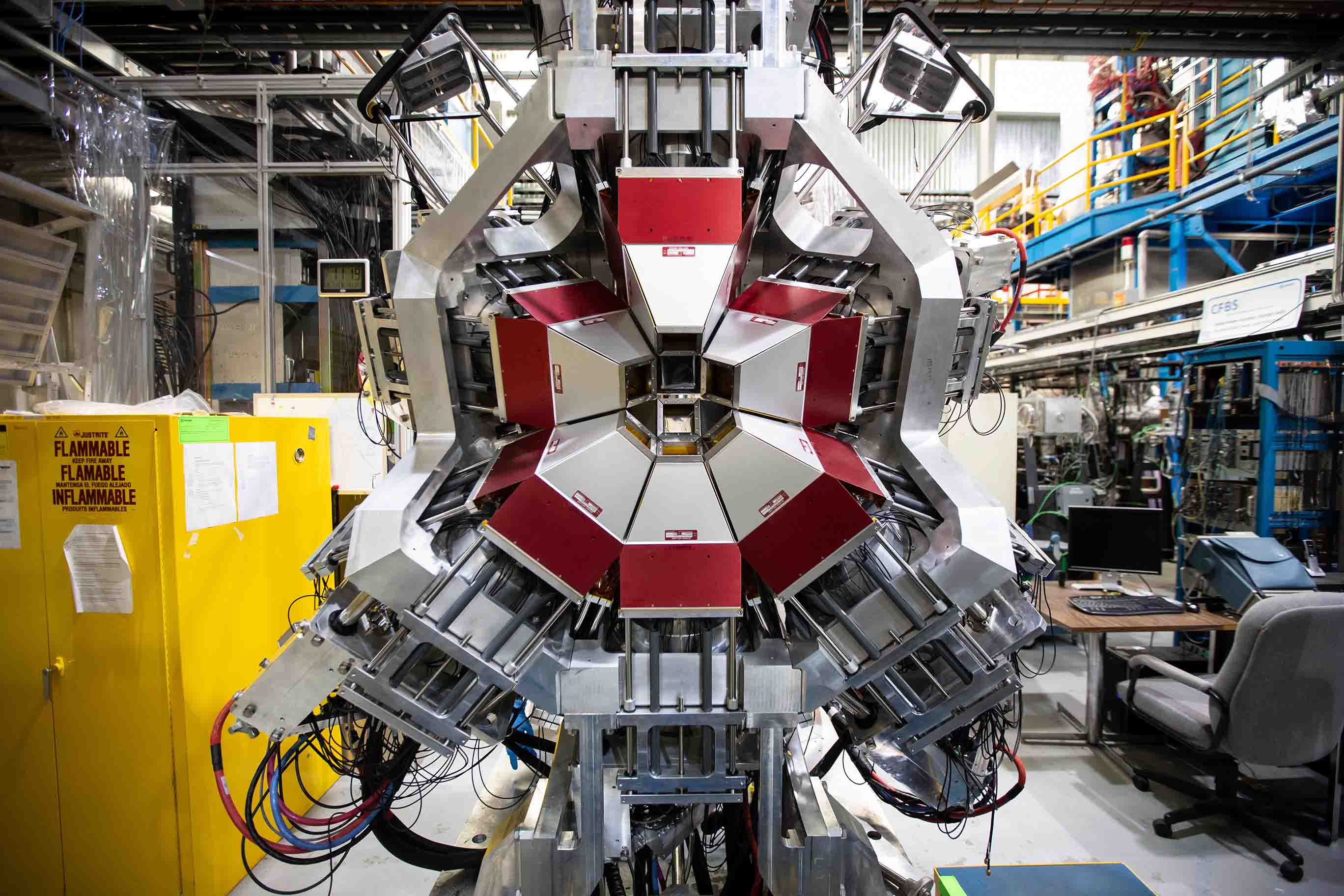HTCondor Overview
HTCondor is a software system that creates a High-Throughput Computing (HTC) environment. It effectively uses the computing power of machines connected over a network, be they a single cluster, a set of clusters on a campus, cloud resources either standalone or temporarily joined to a local cluster, or international grids. Power comes from the ability to effectively harness shared resources with distributed ownership.
A user submits jobs to HTCondor. HTCondor finds available machines and begins running the jobs there. HTCondor has the capability to detect that a machine running a job is no longer available (perhaps the machine crashed, or maybe it prefers to run another job). HTCondor will automatically restart the job on another machine without intervention from the user.
HTCondor is useful when a job must be run many (thousands of) times, perhaps with hundreds of different data sets. With one command, all of the jobs are submitted to HTCondor. Depending upon the number of machines in the HTCondor pool, hundreds of otherwise idle machines can be running the jobs at any given moment.
HTCondor does not require an account (login) on machines where it runs a job. HTCondor can do this because of its file transfer and split execution mechanisms.
HTCondor provides powerful resource management by match-making resource owners with resource consumers. This is the cornerstone of a successful HTC environment. Other compute cluster resource management systems attach properties to the job queues themselves, resulting in user confusion over which queue to use as well as administrative hassle in constantly adding and editing queue properties to satisfy user demands. HTCondor implements ClassAds, a clean design that simplifies the user’s submission of jobs.
ClassAds work in a fashion similar to the newspaper classified advertising want-ads. All machines in the HTCondor pool advertise their resource properties, both static and dynamic, such as available RAM memory, CPU type, CPU speed, virtual memory size, physical location, and current load average, in a resource offer ad. A user specifies a resource request ad when submitting a job. The request defines both the required and a desired set of properties of the resource to run the job. HTCondor acts as a broker by matching and ranking resource offer ads with resource request ads, making certain that all requirements in both ads are satisfied. During this match-making process, HTCondor also considers several layers of priority values: the priority the user assigned to the resource request ad, the priority of the user which submitted the ad, and the desire of machines in the pool to accept certain types of ads over others.
